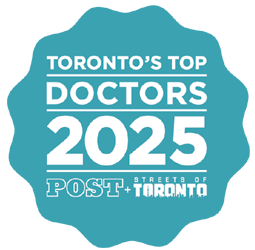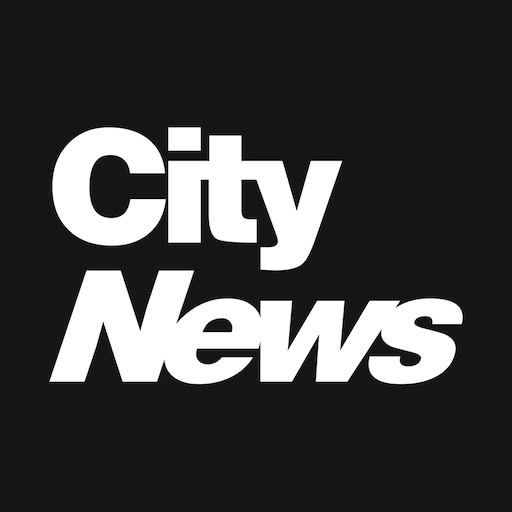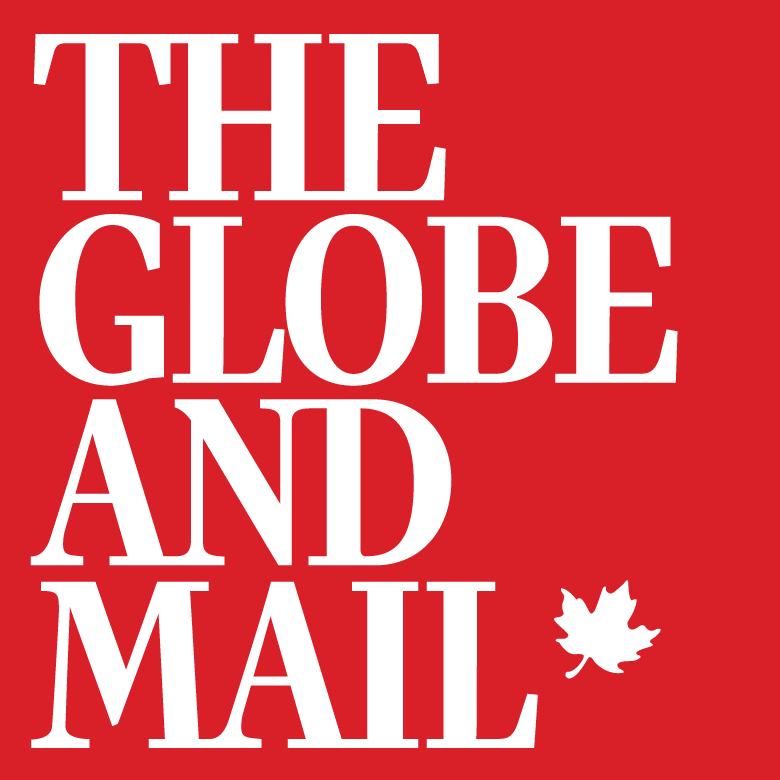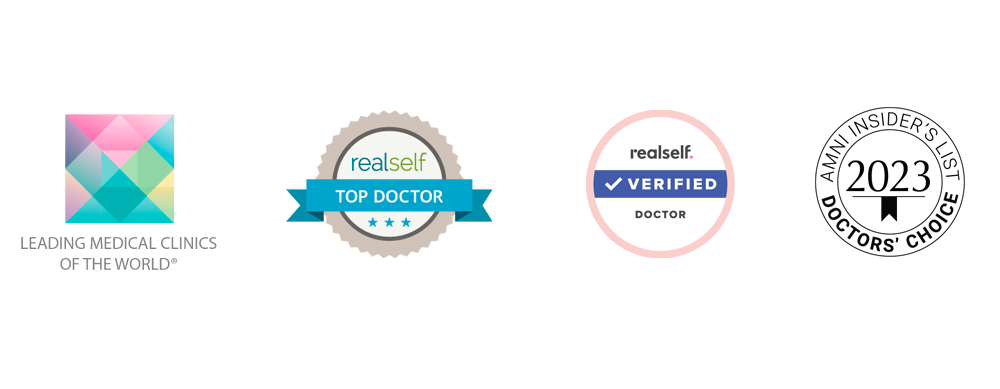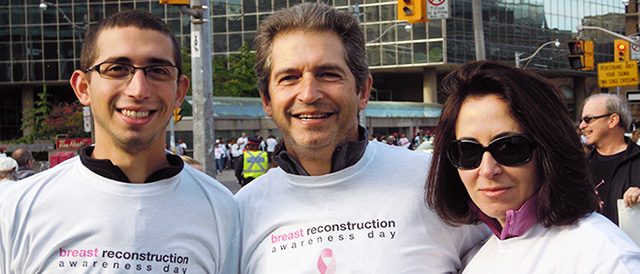
Dr. Mitchell Brown (center) with family
Reshaping Lives
By Emily Leighton
As an experienced plastic surgeon specializing in breast reconstruction surgery, Dr. Mitchell Brown, BSc’84, MD’88, recognized the need for education and awareness about the options available to breast cancer survivors. He turned this idea into action, founding an international movement that continues to grow.
The faded pale pink ribbon rests on Dr. Mitchell Brown’s large office desk. It’s not unlike the pink ribbons proudly worn by millions around the world each October in support of breast cancer awareness—except this one is special.
This one has an extra loop, creating an eternal infinity symbol. And its creator is Dr. Brown’s sister, a two-time cancer survivor and gifted artist.
“For me, the eternal infinity symbol signifies longevity and life,” said Dr. Brown, BSc’84, MD’88. “It represents closing the loop on breast cancer.”
Closing the loop on breast cancer is the official motto for Breast Reconstruction Awareness (BRA) Day, founded by Dr. Brown in 2011. The unique pink ribbon is its logo.
An annual event, BRA Day promotes access, education and awareness for women who may wish to consider post-mastectomy breast reconstruction. It is celebrated on the third Wednesday in October through a series of workshops, panel discussions, support groups and online resources.
Among the events is the popular and often emotional “Show and Tell” Lounge. In safe and private spaces, breast cancer survivors share their experiences with those considering the procedure and bare the results of breast reconstruction following mastectomy.
“So much of what we do is visual,” explained Dr. Brown. “It’s one thing to talk about reconstruction, but women want to know what it looks and feels like.”
An experienced plastic surgeon based in Toronto, Dr. Brown helped establish BRA Day to encourage this type of awareness and combat misinformation about breast reconstruction.
“Over and over again the story I was hearing was that patients didn’t know reconstruction options existed or they believed there was a huge cost associated with the surgery that wasn’t covered by provincial insurance,” he said. “Women who want to consider breast reconstruction should be made aware of their options and they should be provided access in a safe and timely manner.”
It’s a message that has resonated, as BRA Day continues to gain traction. Since its launch four years ago, the initiative has expanded to more than 30 countries worldwide. It has also grown past a single day and now operates 365 days a year.
This success and recognition is meaningful to Dr. Brown, but he is quick to distance himself from the campaign’s impressive accomplishments. Instead, he prefers to credit the thousands of volunteers and local organizations that continue to spur awareness and change.
“My feeling from the beginning was if it had ownership there would always be a sense of personal gain,” he said. “It wouldn’t grow the way it needed, which was not through a surgeon or a surgeon’s practice, but just by virtue of what it was.”
This organic and grassroots approach strengthens BRA Day’s main purpose in promoting life and well-being after cancer.
“A woman is diagnosed with breast cancer and the thought has always been about treating the cancer,” explained Dr. Brown. “There is a lot of work to be done to help people understand that there’s also great benefit in healing self and healing the whole body, not just the disease.”
Source: Western University Schulich School of Medicine Alumni Blog






